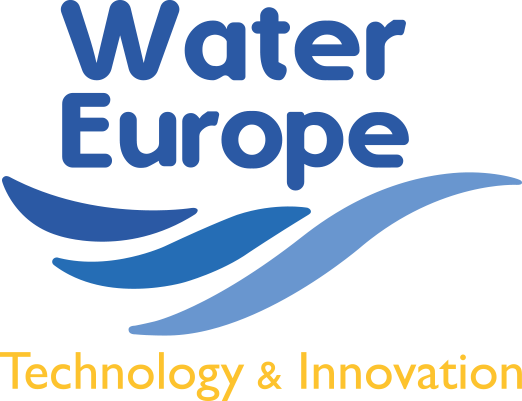The event will host speakers from diverse organizations to provide perspectives and foster DBPs understanding. This initiative aims to develop a user-friendly tool for studying citizen engagement and awareness on water quality.
- water supply | drinking water | water | water protection | water policy
- Tuesday 11 June 2024, 08:00 - 19:00 (CEST)
- Online only
- Live streaming available
- Country
- Belgium
Practical information
- When
- Tuesday 11 June 2024, 08:00 - 19:00 (CEST)
- Where
- Online only
- Languages
- English
- Part of
- Social media links
Description

Disinfection by-products (DBPs) are important environmental contaminants that have documented human health issues from many epidemiologic studies. People are exposed to DBPs by drinking chlorinated or brominated water and by breathing in air containing DBPs. The skin also absorbs DBPs during bathing and swimming. After exposure, DBPs remain in the body for only a short period of time. Citizen may look up water quality data to understand better how water quality affects their health.
The main objective of this event is to have an open session to the consumers to inform and increase citizens’ awareness about sources of water pollution within and outside a household (from source to supply). Discuss recommendations on how household activities can be adapted to decrease water pollution and therefore reduce the need for heavy treatment steps afterwards that will lead to DBPs formation.
This event is organized by the ZeroPollution4Water cluster, originating from the coalition of seven sister projects funded under Horizon Europe (calls HORIZON-CL6-2022-ZEROPOLLUTION-01-01 and HORIZON-CL6-2022-ZEROPOLLUTION-01-04). These calls aim at preventing water contamination and protecting its quality against harmful impacts due to climate change and securing drinking water quality by protecting water sources against pollution, providing innovative monitoring treatment solutions, and ensuring safe distribution.
Particularly, one of the objectives of H2OforAll project is to engage public on the water quality issues and create awareness on how our behaviours affect the entire water chain. The final goal is the development of a user tool to study citizen engagement and measuring water quality awareness.
A list of recommendations on preventive measures to protect water quality is one of the expected outcomes. This online event, open to the general public, will be the seed for a presential workshop on disinfection by-products, public engagement and awareness that will be held in Porto (Portugal) in November 2024.
